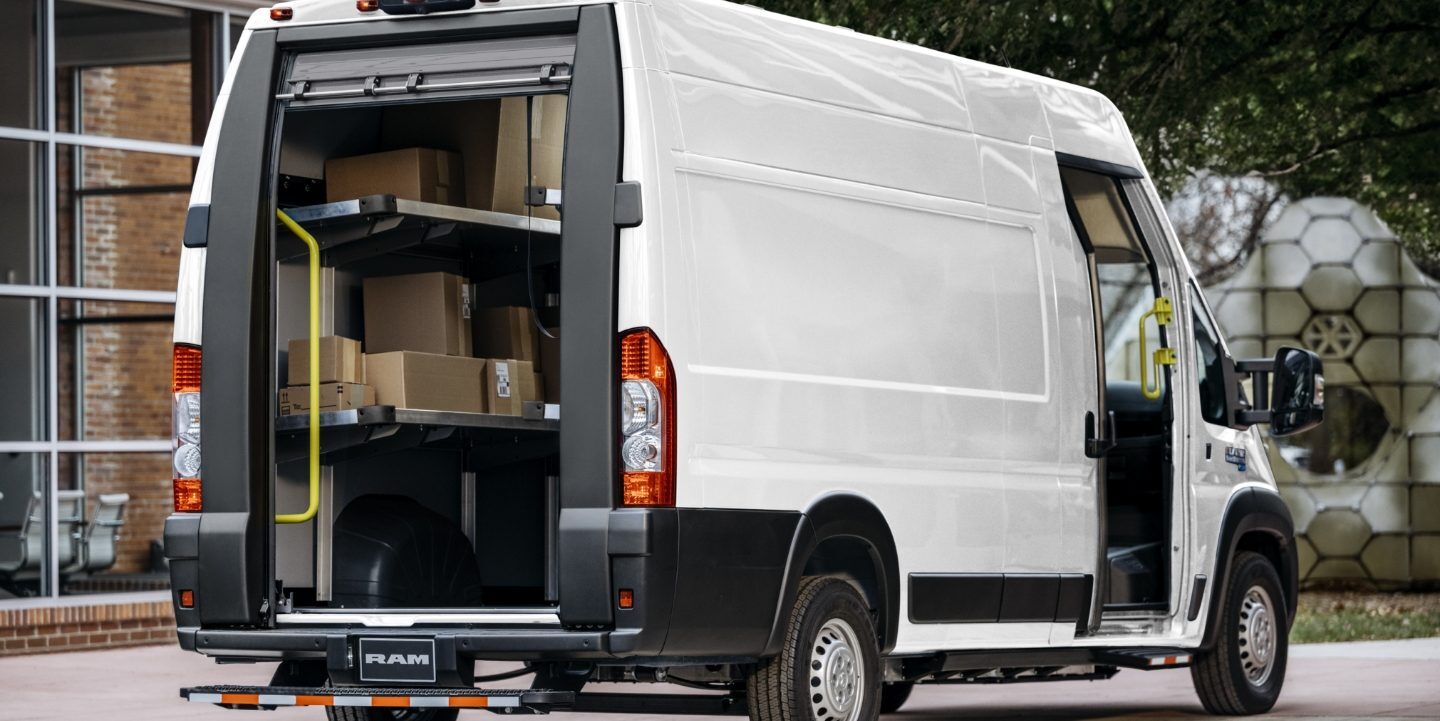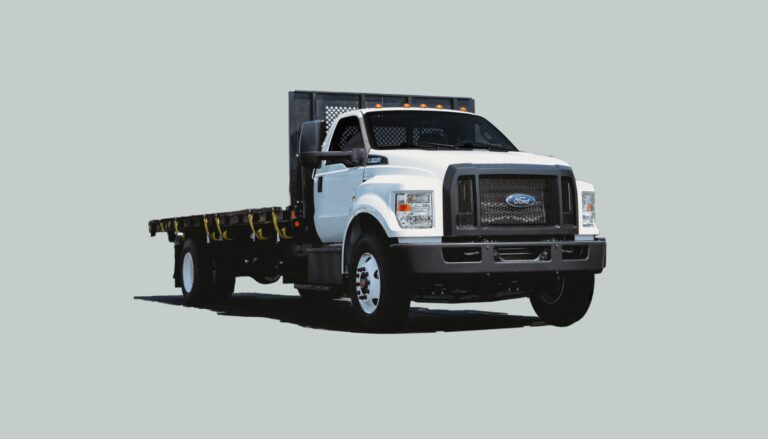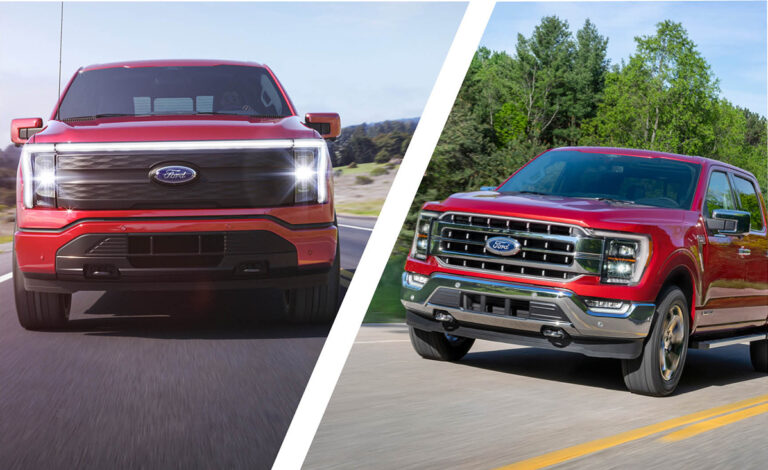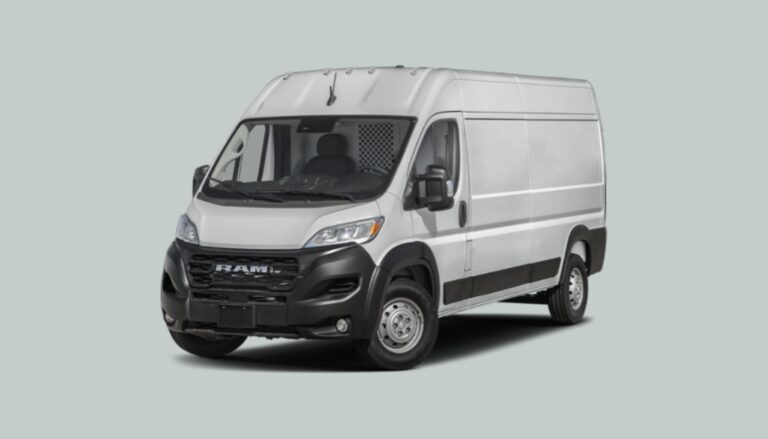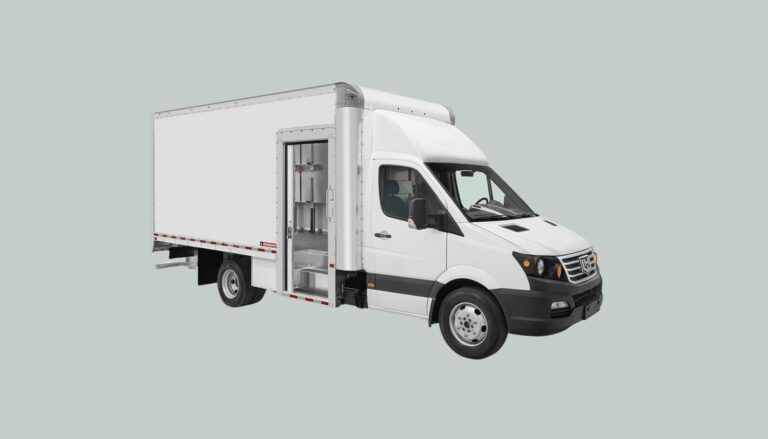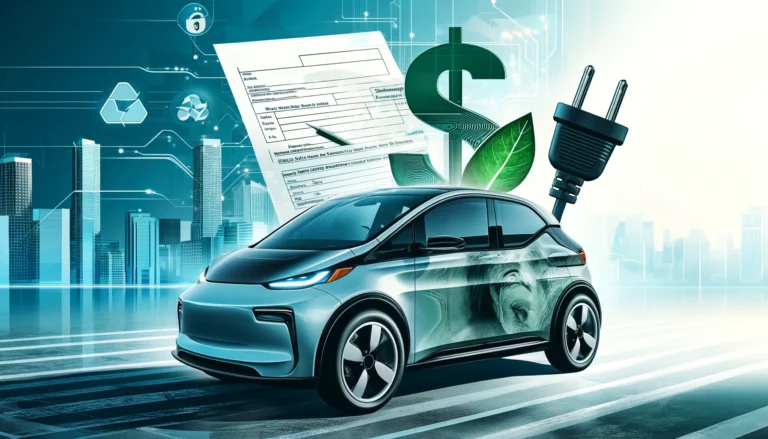Navigating the complexities of insurance for commercial vehicles, especially electric vehicles (EVs), is crucial for businesses looking to capitalize on the efficiency and environmental benefits of EVs. This guide will outline what commercial vehicle insurance entails, why it’s essential for business, and how it is tailored to the unique needs of electric vehicles within the commercial sector.
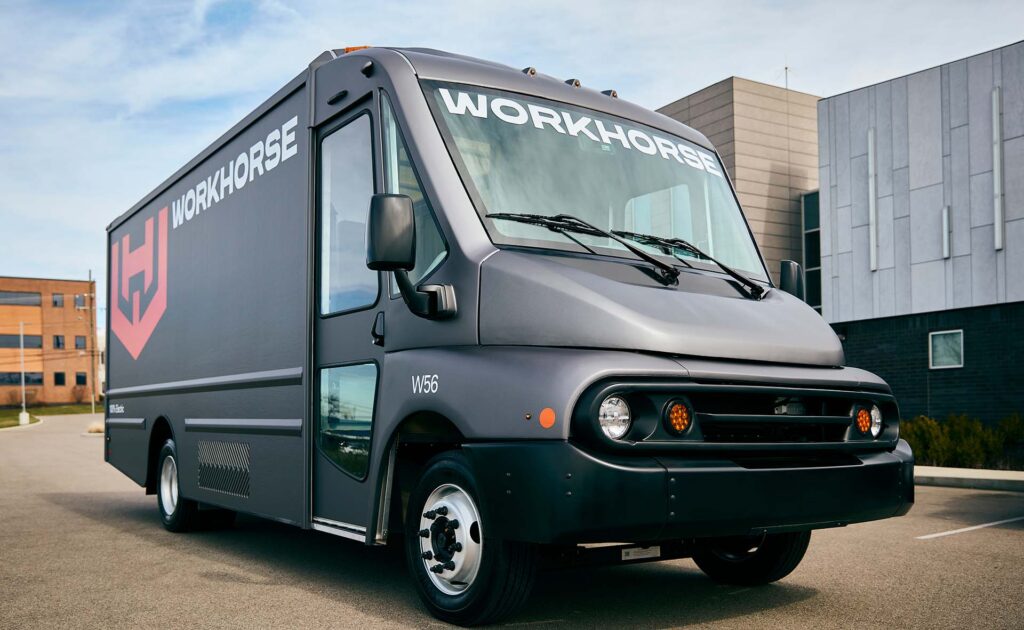
What is Commercial Vehicle Insurance?
Insurance for commercial vehicles is an essential safety measure for companies that use cars for transportation. It is essential for both financial security and legal compliance, and it covers a variety of vehicles used for business. This particular kind of insurance is crucial for shielding companies from the financial risks brought on by auto accidents, theft, and other harm to company-owned vehicles. Here are some key points about commercial vehicle insurance:
- Coverage: Vehicles used for business purposes, such as cars, work trucks, vans, and other motor vehicles including last mile vehicles, are usually covered for liability and physical damage by commercial vehicle insurance. It can apply to company-owned cars as well as those that are rented or leased for business purposes.
- Liability Protection: In the event that a vehicle used for business purposes causes injuries or property damage, liability protection shields the company from most liability. This covers both property damage and physical harm liabilities.
- Physical Damage: This insurance also covers damage from other sources and third party actors, such vandalism or natural catastrophes such as effects from natural disasters, as well as physical damage to the car itself sustained in crashes. This covers both collision and comprehensive coverage.
- Additional Coverage (Supplemental Coverage): Medical costs, uninsured/underinsured motorist coverage, and coverage for things like roadside assistance and rental reimbursement are other possible inclusions in policies.
- Who Needs It?: Commercial vehicle insurance is necessary for any company that uses vehicles for business purposes, whether it’s for personnel transportation, service delivery, or the transportation of products. This covers a wide range of enterprises, including contractors, delivery services, and shipping firms.
- Cost Factors: The type of vehicle, how it will be used, how often it is used (milage), the driving histories of the people who will be using it, the level of coverage selected, and the location of the business (crime levels in the area) are some of the variables that affect the price of commercial vehicle insurance.
- Legal Requirement: To use a vehicle for business purposes, you must typically have some sort of commercial vehicle insurance. Local, State, and/or nation-specific requirements may differ.
Commercial vehicle insurance helps businesses manage risks and protect their financial interests, ensuring they can continue operations smoothly even when faced with vehicular accidents or other related issues.
Overview of Commercial EV Insurance
Insurance for commercial electric vehicles not only covers the standard risks associated with vehicle operation but also addresses specific concerns related to electric vehicle drivetrains, batteries, and other unique components of EVs.
Importance of Insurance for Commercial Vehicles
Insurance protects against unexpected expenses arising from accidents, theft, and damage, ensuring business continuity and financial stability.
Focus on Electric Vehicles (EVs) in Commercial Operations
With the rise of EVs in commercial use, understanding how insurance can support these initiatives is key. EVs often require specialized coverage due to their high-value parts, chemical composition of their batteries, and advanced technology.
Why do Commercial Electric Vehicles Need Insurance?
The need for insurance goes beyond legal requirements; it is a fundamental aspect of risk management in business operations. Having adequate commercial vehicle insurance not only offers some level of comfort and peace of mind, it also signals to potential customers a level of credibility for your business.
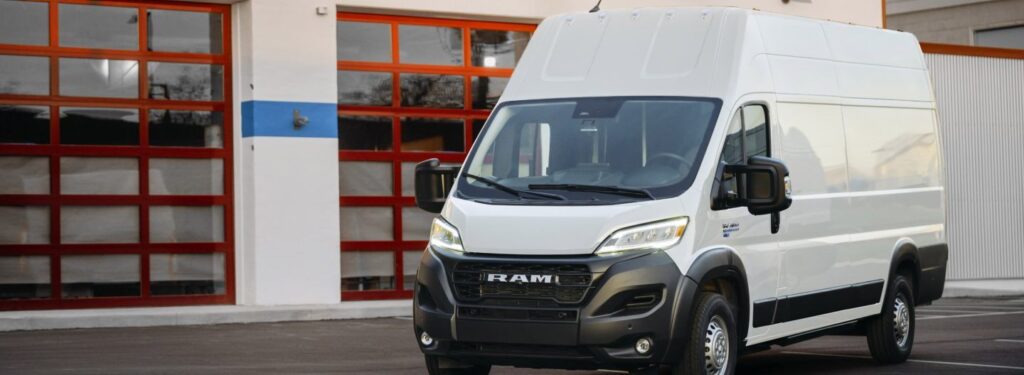
Evaluation of Fleet Size and Composition
The size and nature of the fleet impact the type of insurance needed. Larger fleets with mixed vehicle types, sizes, and functions, including EVs, might need more comprehensive policies.
Risk Assessment and Mitigation Strategies
Identifying potential risks and how insurance can mitigate these in the event they occur, is crucial for effective fleet management.
Customizing Insurance Plans to Fit Business Needs
Tailored insurance plans ensure that all aspects of commercial vehicle operations specific t your business are covered, from liability to physical damage and beyond.
Importance of Regular Policy Reviews and Updates
Regularly reviewing insurance policies and reassessing your business risk profile ensures coverage remains relevant and comprehensive as business needs and vehicle technologies evolve.
Vehicles Covered in Commercial Vehicle Insurance
A wide variety of vehicles can be insured under commercial vehicle policies, including:
- Standard Trucks, Work Trucks and Semi-Trucks
- Vans and Cargo Vans
- Buses and Limousines
- Taxis and Delivery Vehicles
- Commercial Trailers and Construction Vehicles
- Tow Trucks and Food Trucks
Types of Commercial Vehicle Insurance Policies
Different types of insurance policies cater to various aspects of commercial vehicle operation and fleet makeup as follows:
Liability Insurance
This type of policy overs damages to third parties caused by the insured vehicles while in the course of business, which is mandatory in most jurisdictions.
Physical Damage Coverage
This type of policy protects the insured vehicle against collision or other physical damages and acts of nature.
Cargo Insurance
This type of policy covers the loss or damage of goods being transported by the insured vehicle, particularly crucial for delivery and freight companies.
General Liability Insurance
This type of insurance policy offers a much broader coverage beyond vehicle-related incidents, including typical business operations.
Additional Policies
- Bobtail Insurance: When a semi-truck is driven without a trailer, usually after delivering a load and working without dispatch, bobtail insurance covers the vehicle. When the vehicle is not operating as specified by the bill of lading, this insurance is crucial for protecting against liability risks.
- Non-Trucking Liability Insurance: Liability coverage for incidents that happen when the vehicle is not being dispatched or utilized for business, such personal errands or maintenance excursions, is provided by non-trucking liability insurance. When drivers use their vehicles for purposes other than for business purposes, this helps to safeguard them.
- Motor Truck Cargo Insurance: Motor truck cargo insurance protects the goods being transported in case it is lost or damaged as a result of theft, accidents, or other dangers. This insurance is essential for companies that ship products because it offers financial protection for the cargo they are responsible for.
- Occupational Accident Insurance: If a truck driver is hurt at work, occupational accident insurance pays for their medical bills, missed income, and death benefits. This insurance serves as a substitute for workers’ compensation and frequently offers customizable coverage choices to meet the requirements of both employers and independent contractors.
- Workers’ Compensation Insurance: Workers’ compensation insurance covers medical expenses and replaces lost wages for workers hurt on the job. Employees forfeit their ability to bring a negligence lawsuit against their employer in exchange. In most states, this insurance is required, offering crucial security for both companies and employees.
- Rental Reimbursement Insurance: When an insured vehicle is being repaired as a result of a covered accident or loss, Rental Reimbursement Insurance pays for the expense of hiring a substitute vehicle. When a main vehicle is out of order, this kind of insurance helps guarantee that business activities may go on as usual.
What Coverage Does Commercial Vehicle Insurance Provide?
Liability Coverage
Protects against the costs arising from injuries and damage you cause to others outside your business.
Collision Coverage
Covers damages to your vehicle resulting from a collision, regardless of whose fault it it.
Comprehensive Coverage
Provides coverage against theft and damage from non-collision incidents such as fire, vandalism, and natural disasters.
Uninsured/Underinsured Motorist Coverage
Protects you if you’re involved in an accident with a driver who has no insurance or insufficient insurance coverage on their vehicle being operated at the time of the incident.
Additional Coverage Options for Commercial EVs
Given the specific needs of electric vehicles, additional options can include battery coverage and electrical components.
Factors Affecting Commercial EV Insurance Premiums
- Vehicle Type and Model: Specific models might have higher premiums based on value, the risk profile of their business purpose, and repair costs.
- Driving History and Experience: More experienced drivers on your fleet generally benefit from lower premiums.
- Location and Operating Area: High-risk or high-crime areas may lead to higher commercial insurance premiums.
- Annual Mileage: More miles being covered during the daily course of business increases the likelihood of an incident. So lower daily miles tend to garner lower insurance premuims.
- Security Features and Safety Measures: Enhanced features like vehicle tracking, alarms, and remote shut off systems, can reduce premiums.
- Deductibles and Coverage Limits: Higher deductibles can lower premiums but increase out-of-pocket costs during a claim.
Regulatory Requirements for Commercial Vehicle Insurance
Compliance with local, state, and federal regulations is critical. This includes maintaining minimum coverage limits and ensuring all vehicles in the fleet are adequately insured. This not only protects your assets but also your bottom line.
Key Advantages of Commercial Vehicle Insurance Coverage
- Cost Savings and Efficiency Gains: Proper coverage helps avoid costly disruptions to your business operations.
- Environmental Sustainability Benefits: Insuring EVs supports environmental initiatives as electric vehicles need to be purchased first before they can be insured.
- Enhanced Safety Features and Risk Reduction: Comprehensive insurance supports investing in advanced safety technologies.
Conclusion
Understanding the nuances of commercial vehicle insurance for electric vehicles helps businesses not only comply with regulations but also protect their investments, operations, and bottom line. Regularly revisiting and adjusting your insurance coverage based on your business evolution ensures it meets the evolving nature of your business and the broader industry dynamics. Proactive insurance commercial planning is essential for leveraging the full benefits of commercial electric vehicles.

